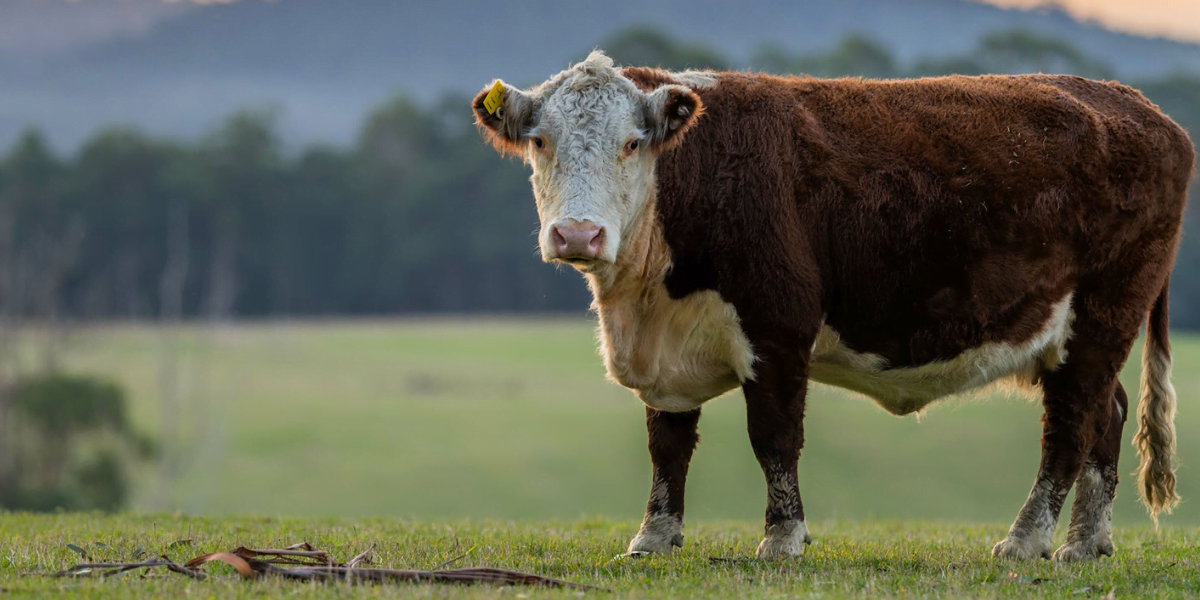Six years since the inception of the world-leading Australian Beef Sustainability Framework to track key indicators of sustainability across the beef industry, a survey has been launched to inform the next evolution.
The Australian Beef Sustainability Framework (ABSF) sets out the key indicators of performance in sustainability for the beef industry. It enables success to be recognised through evidence-based metrics and empowers the industry to continually improve and demonstrate its values to customers, investors and stakeholders.
ABSF Sustainability Steering Group (SSG) Chair, Mark Davie, said setting sustainability goals is a natural progression for the ABSF and the industry to reaffirm its commitment to continual improvement.
“Setting goals will make the industry even more transparent and will help better meet the expectations of our customers and the community,” Mr Davie said.
“Most importantly, it will help guide where to invest our efforts, and solve global sustainability priorities through an industry lens on productivity and profitability within the supply chain.
“It is crucial we hear from as many people as possible across the Australian beef value chain as these survey findings will be pivotal in helping decide our targets.
“This is an industry-led framework, and it is thanks to the many years of consultation and collaboration that there has been so much progress.
“It is vital we are constantly looking forward to continue to grow our performance across key measures of sustainability, expand market access and support a prosperous industry and nourished, thriving communities.”
The ABSF currently tracks 53 indicators across 24 priority issues that are grouped under the themes: best animal care; environment and stewardship; economic resilience; and people and the community.
This survey will focus on the importance of drafted goals and targets to the individual in the supply chain, as well as its importance to the industry.
The survey can be found on the Australian Beef Sustainability Framework website and closes on April 5.
Like what you’re reading? Support New England Times by making a small contribution today and help us keep delivering local news paywall-free. Donate now


